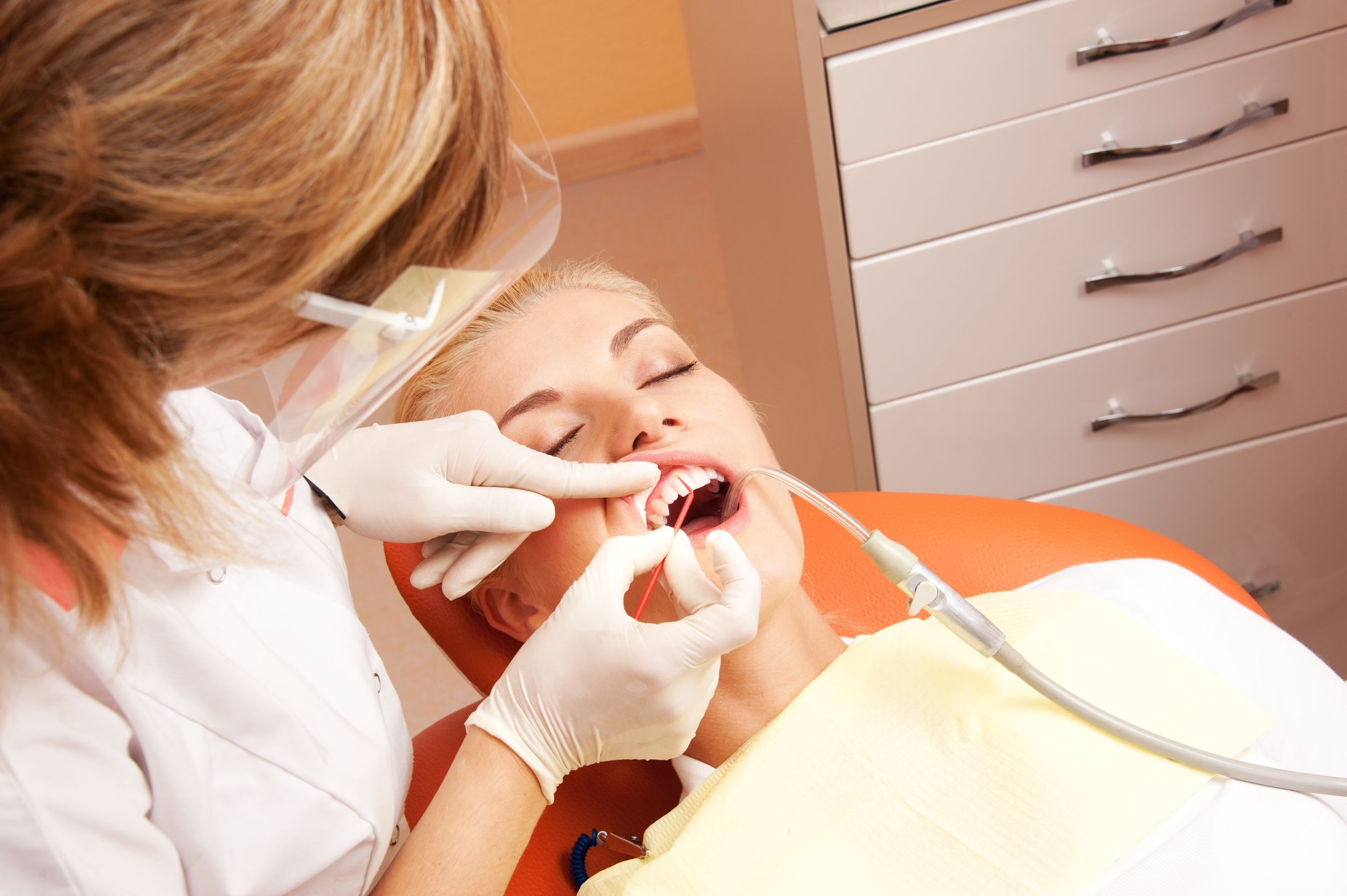Oral care is just as important as health care for other systems of the body. Good oral hygiene prevents tooth decay, gum disease and halitosis. When oral health begins to decline, it can be hard to stop it from advancing without intervention from a dentist.
Tooth Extractions
Tooth Extractions in Effingham IL are necessary for a number of reasons. Trauma that damages a tooth beyond repair usually requires an extraction because it is no longer viable. It can be replaced with a false tooth in an implant procedure.
Tooth decay with a cavity happens in stages. The longer the hole stays exposed, the larger the cavity will get. Cavities that get too deep can reach the tooth root. At that point a root canal is necessary, but if that’s not done, it can get worse and need an extraction.
Another valid reason for a tooth extraction is overcrowded teeth. A tooth may need extraction to make tooth realignment possible. Overcrowded teeth can cause a hindrance in hygiene. The teeth that are too close together can grow bacteria in places the toothbrush can’t reach.
With the help of x-ray technology, a dentist can find the best way to perform Tooth Extractions in Effingham IL. Dentists complete the task in one of two ways.
A simple extraction of the tooth is done with local anesthesia. The dentist uses a tool called an elevator to loosen the tooth from the root. The tooth is then slowly pulled out with forceps.
A surgical extraction is more complex. This may be necessary for teeth below the gum line. This method of tooth extraction requires a small incision in the gums. In some cases a small portion of bone is removed or the tooth is cut in half to make removal easier.
Gum Disease
Many don’t realize that the gums of teeth can grow unhealthy too. Periodontal disease is a gum infection that is destructive to the gums and jawbone. It usually occurs from poor oral hygiene. In the worst stages, it destroys the bones that support the teeth.
Early detection of periodontal disease is important. It’s treated by cleaning out the pockets filled with bacteria near the teeth to avoid infection to the surrounding bone. Fully developed periodontitis might call for surgery. Click Here to learn more.


